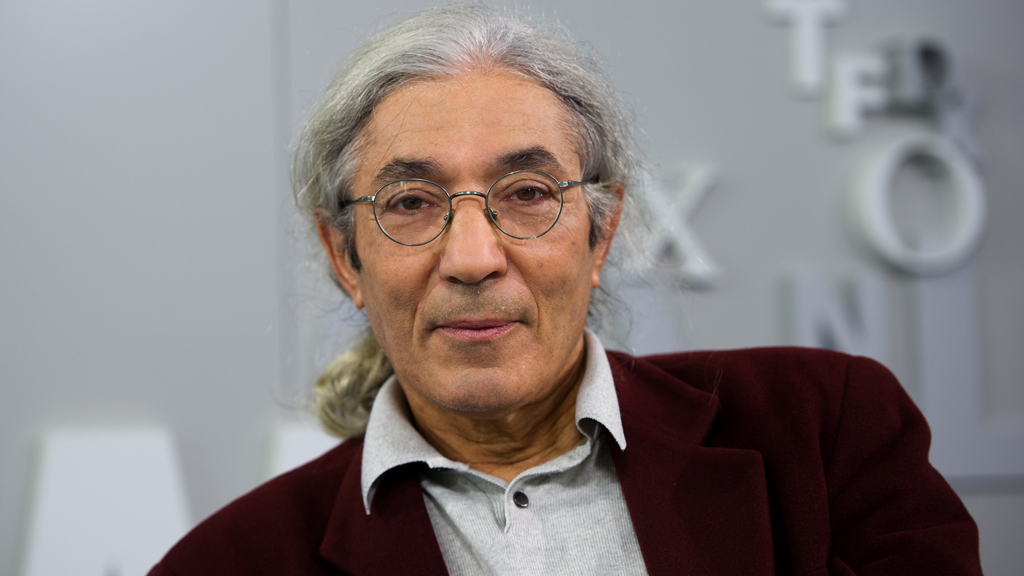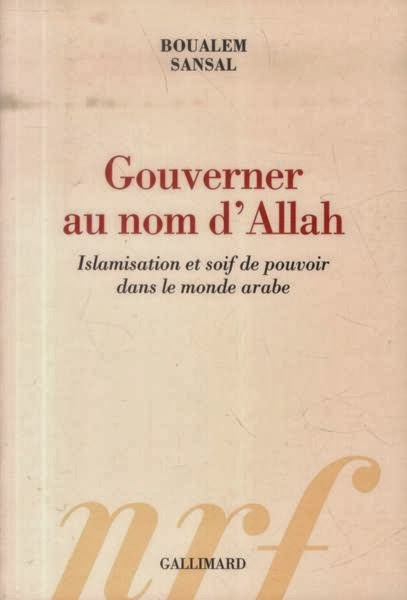Fighting Islamists with conspiracy theories

Some of Boualem Sansal's fears – for example the "beginning of a new caliphate" – as understandable as these may have been in the wake of the initial electoral successes of Islamist parties in Arab North Africa, have lost their currency following the military coup in Egypt and in view of the prolonged crisis in Tunisia. However, some of his other observations are so provocative that they cannot by excused even as a consequence of the trauma inflicted by the Algerian civil war.
In late 1991 in Algeria, the military thwarted the formation of a government by the fundamentalist "Islamic Salvation Front" by violent means, and when some of those severely persecuted Islamists reacted by putting up armed resistance, their attacks and the government's violent response cost many thousands of lives.

Even though Sansal concedes that "radical Islamism" in the country has been "militarily vanquished", he writes that he still feels that the movement is on the advance. He does not provide any evidence to back up either this disconcerting assessment or his shrill theory that Algerian Islamism is the product of a "worldwide plan hatched by the Muslim Brotherhood and Saudi Arabia and which was implemented by al-Qaeda, one of their agencies".
Conspiracy theories abound
Sansal has no doubt at all that "crosslinks" exist between al-Qaeda, which he refers to as the "octopus", and the Muslim Brotherhood: "the same people, the same ideas, the same networks, connected with each another on thousands of levels". Again, he provides no evidence to back up his claim that despite all its internal rivalries, contemporary Islamism is a globally-active, "pulsating body" that seeks to islamise the "entire world". This is no longer just a polemical argument, it belongs firmly in the conspiracy theory domain.
Consequently, it is not surprising that Sansal equates Islamism with fascism, whereby he clearly does not want to make any distinction between reform-orientated democratic players and Islamist terrorists; in his opinion, everything is a "murderous fascism" with ramifications that now extend as far as Muslims in Europe.
He also makes the blanket accusation that the few progressive forces that do exist in the Arab world have reacted far too passively to the Islamists' activities. Sansal makes no mention of the fact that Muslim journalists and commentators have for years been robustly countering the arguments presented by the Islamist camp.
In any case, this essay, which even claims to serve as an introduction to Islam, does not pass muster as a contribution to the better understanding of the complex phenomenon that is Islamism.
Joseph Croitoru
© Qantara.de 2014
Translated from the German by Nina Coon
Editor: Aingeal Flanagan/Qantara.de
